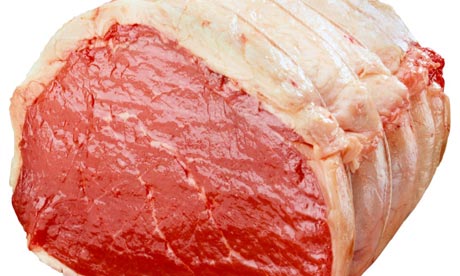Food Standards Agency identifies all eight animals bred from cloned embryos as fears mount over traceability of livestock
Wednesday 4 August 2010 18.06 BST

Consumers have eaten food from at least two British bulls bred from embryos of a cloned US cow, the Food Standards Agency said tonight as concerns mounted over the traceability of such livestock.
The agency had now identified all eight animals bred in the UK from cloned embryos from the one cow. While it was working to find their offspring, it said, these would be at present too young to be used for breeding or to provide milk.
The FSA previously revealed that meat from one bull had been eaten; meat from a third bull, which was slaughtered last week, was stopped from being sold as food. At least two of the bulls were on the same farm, near Inverness in Scotland.
The agency remained of the view that owners of such cattle destined for food were technically in breach of the law despite European commission officials suggesting that was not the case.
In a statement, the FSA said: "Four of these embryos resulted in male calves and four were female. Aall were Holstein animals. The FSA can confirm that meat from a second bull, Parable, has entered the food chain. Parable was born in May 2007 and was slaughtered [on] 5 May 2010. This is in addition to the confirmation given yesterday that meat from another of the bulls, Dundee Paratrooper, entered the food chain in 2009.
Meat from both of these animals will have been eaten.
"While there is no evidence that consuming products from healthy clones, or their offspring, poses a food safety risk, meat and products from clones and their offspring are considered novel foods and would therefore need to be authorised before being placed on the market."
"Of the four cows, Dundee Paradise is alive on a UK dairy farm. Following a visit from local authority officials the agency has been informed that there is no evidence milk from this animal has entered the food chain," said the FSA.
"The agency has traced two other cows that we believe are being kept as part of dairy herds but at present we cannot confirm whether or not milk from these animals has entered the food chain. Local authority officials are visiting the farms on which these animals are kept.
"The fourth female calf died at less than a month old. No meat or products from this young animal entered the food chain."
http://www.guardian.co.uk/uk/2010/aug/04/cloned-meat-british-bulls-fsa
No comments:
Post a Comment